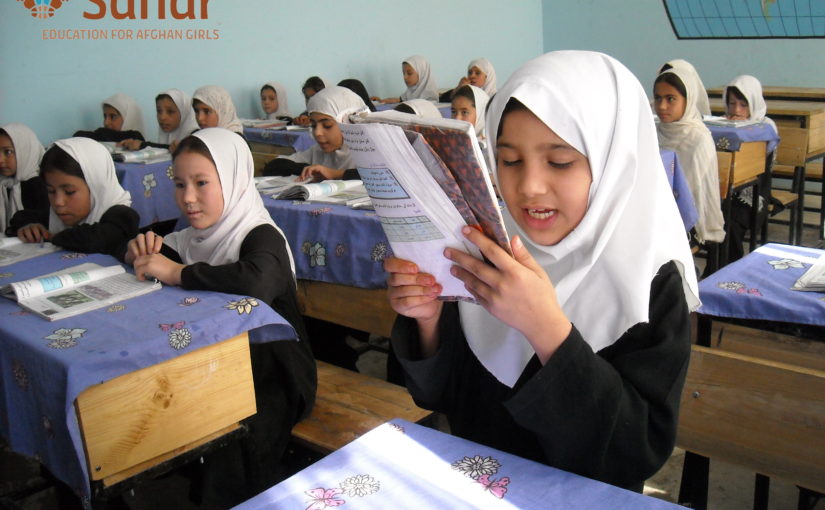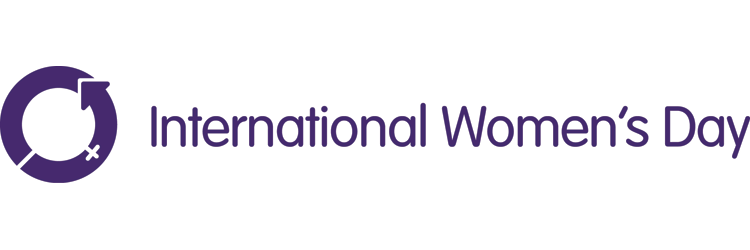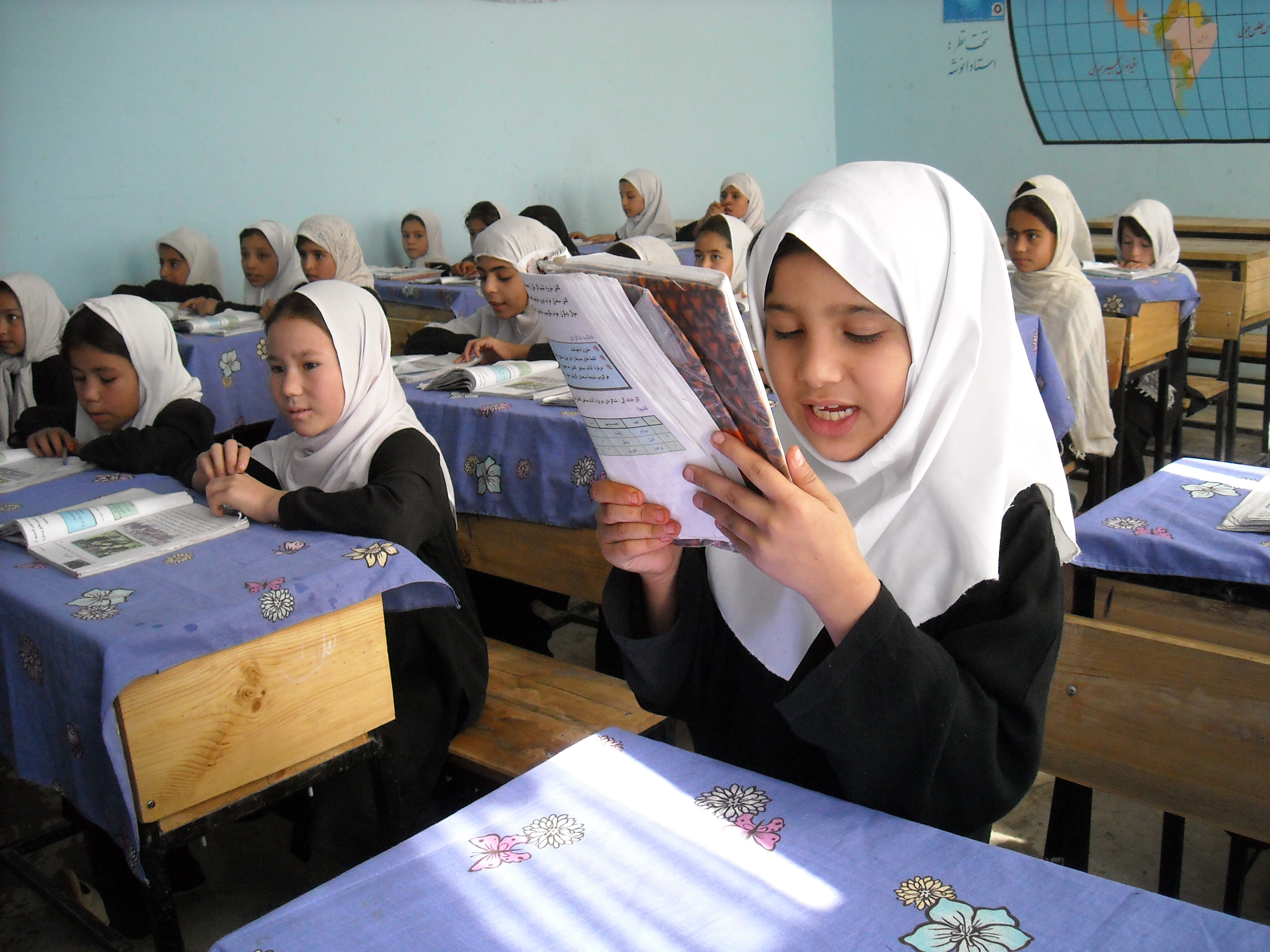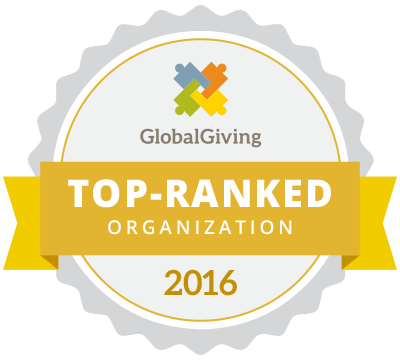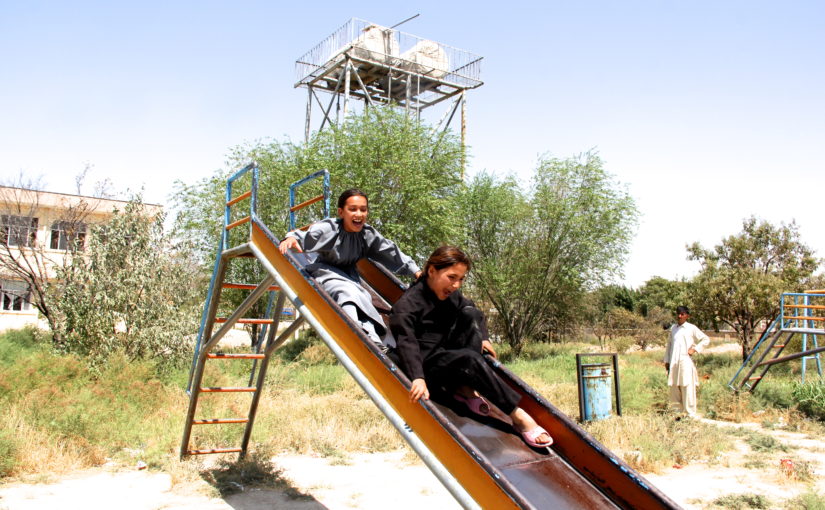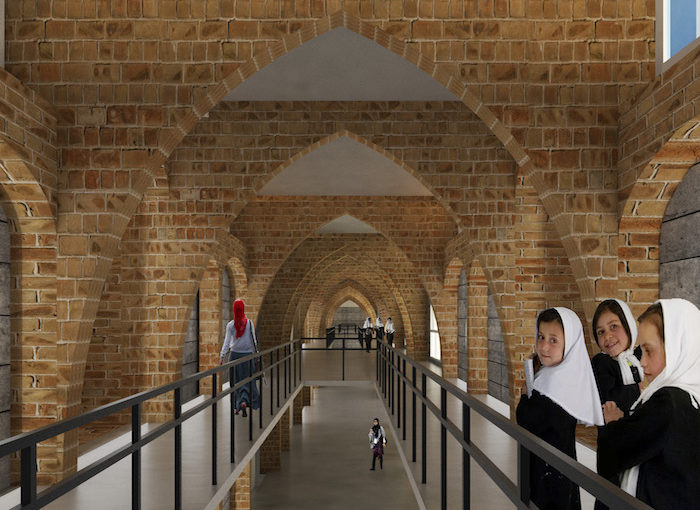The Courage to Persist: Standing Firm in Support of Women’s Opportunities Globally
Global Washington and Sahar Education for Afghan Girls are hosting a round table discussion featuring Sahar Fellow, Malahat Mazaher and Sahar Board Member, Kelsey Noonan. We will discuss the changing U.S. political climate and the emerging impact on women’s development programs worldwide. We will use Sahar’s experience in the field to examine how the shift in the U.S. political climate has affected international work and how the position of the United States will continue to affect global development. Join us!
Who:
Open to all
Where:
Global Washington
Westlake Tower
1601 Fifth Ave, Suite 1900
Seattle, WA 98101
When:
Thursday, March 23
12:00 noon – 1:00pm
(boxed lunch will be provided)
Price:
GlobalWA Members: $10
Non-Members: $20
Register NOW!

Malahat began working with Sahar as a fellow in November 2016. She is from Afghanistan and came to the United States for her studies through a youth exchange program sponsored by the U.S. State Department. She graduated from Lafayette College in Pennsylvania, with a double major in International Affairs and Economics. As a college student, she interned in various private and nonprofit organizations in Afghanistan, the United States and Switzerland, focusing on Communications & Marketing, Women’s Empowerment and a Campaign to Ban Landmines.

Kelsey works for Camber Collective, a management consulting firm that helps organizations navigate complex change and achieve high performance against both financial and mission-related goals. She has worked with a client base that includes donor governments, multilateral organizations, and NGOs. Previously, Kelsey has worked in Sudan, Jordan, Syria, and Afghanistan to evaluate the impact of development projects, build coalitions around the implementation of regional strategies, and address barriers to service provision in developing country government institutions. Kelsey is an avid rock climber and alpinist. While in Afghanistan, she started an indoor girls climbing program.

